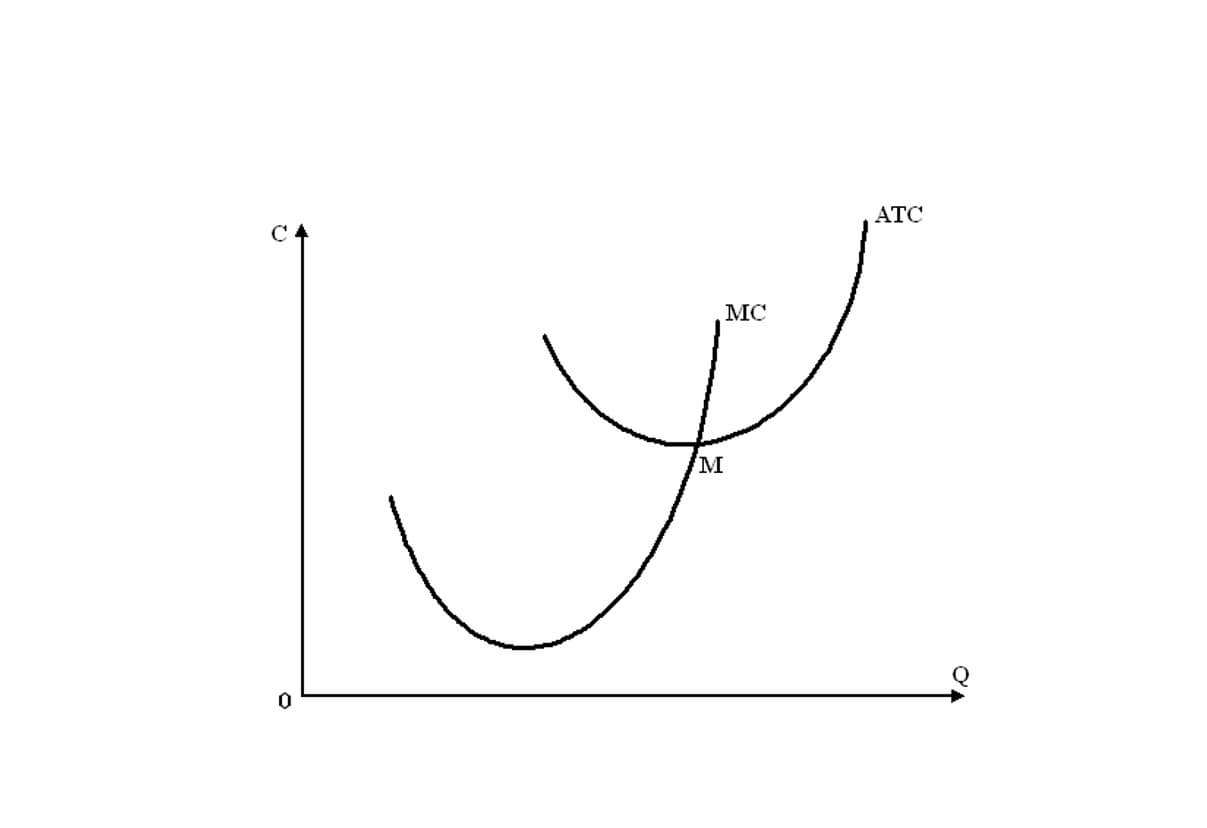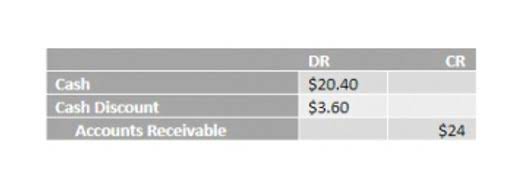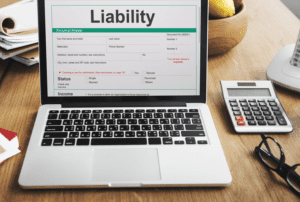This can be costly and complex, especially if you don’t have legal entities in those countries. Staying up to date with the latest software and accounting function tools available in the market will ensure you keep up with the times so your company can thrive. Your financial statements are more than a look at how your business performed in the past. Fraud is a sensitive aspect that should be taken seriously, especially in the financial sector. That’s why accountants should know how to detect if records have been manipulated or faked.
In years gone by, it’s fair to say that the practice of outsourcing did have some negative connotations. They bring a healthy skepticism that encourages business owners to take a more intelligent, nuanced approach toward decision-making. At some point, you may find it more beneficial to move some or all of your accounting processes in-house. But the majority of companies just want to meet their obligations with minimal fuss, and entrust the heavy lifting to trained experts. If you’re communicating clearly with a trustworthy partner, this doesn’t need to be a negative. The obvious downside to outsourcing is that you cede control over the process.
- Having a skilled eye on your finances at all times will give you peace of mind, as well as the ability to make well-informed financial decisions.
- Many of the concerns that might be swirling in your mind have been addressed.
- At LBMC, we’re proud to provide outsourced bookkeeping, controller, and CFO services to businesses in Tennessee, Kentucky, Indiana and beyond.
- If your business is growing steadily or you’re already spread thin, that may be time that you don’t have.
What is Outsourced Accounting and How Could It Help You?
As mentioned, one alternative to outsourcing is hiring a full-time employee or assembling an accounting team to handle accounting functions. But this is often a huge expense for smaller businesses and difficult to scale as businesses grow. This is why many companies look into DIY accounting systems such as QuickBooks or Xero. Prices start at $500 a month for the Essential plan, which is geared towards startups that use cash-basis accounting.
Plus, not every online bookkeeping service works with both accrual-basis and cash-basis accounting—but Bookkeeper.com does. With outsourced accounting services, you’ll have meticulous eyes that can process financial data while ruling out fraud simultaneously. Today, the average salary for a bookkeeper in the U.S. is $45,160, the average controller earns $104,338, and the median CFO salary is $393,377. By comparison, outsourced accounting services typically cost a fraction of these rates and deliver better results.
Accounting Outsourcing: How to Hand off Your Financial Tasks (With Recommendations)
To learn more about LBMC’s outsourced accounting services, contact an advisor today. That means you won’t get to spend as much face-to-face time with your accountant as you would if they were your employee. If you’re bringing in an outsourced controller to help manage your existing team, it’s necessary to carefully consider what this relationship will look like.
Book a demo with our friendly team of experts
Organizing all of your business’s financial data into a centralized, accurate record is a monotonous task. Although technology has streamlined the process somewhat, bookkeeping remains a challenge for many business owners. Outsourced accounting firms work with a wide range of clients, many of which may also operate in your industry.
At first, there may be a lot of work in building the financial infrastructure and accounting services. But after this initial the difference between margin and markup set-up period, the relationship typically reverts to a stable monthly business cycle. No one knows the challenges of managing your company’s finances better than you. Making sense of your numbers can be time-consuming and frustrating, to say the least.
Financial Literacy 101 for Small Business Owners
Having a skilled eye on your finances at all times will give you peace of mind, as well as the ability to make well-informed financial decisions. Like with a controller, whether or not you’ll need a full accounting service depends on the size of your business. We give you a team of bookkeepers, and simple software to track your finances.
Another major risk is receiving low-quality accounting and bookkeeping services, an issue that can be mitigated by using a local or well-established accounting and finance team. Rather than keeping an in-house accounting department on staff, consider utilising one of the FreshBooks plans available to you. There are a wide variety of accounting services, bookkeeping services, and plans to choose from, so you can customise your company’s accounting plan in a way that will suit your needs. Learn more about Freshbooks accounting services and start your free trial today. You might say that areas of accounting and bookkeeping must be done internally due to the job’s sensitivity. But with outsourced accounting, your financial statements and compliance tasks are all safe and secure, as providers are equipped to handle sensitive data and maintain work quality.























